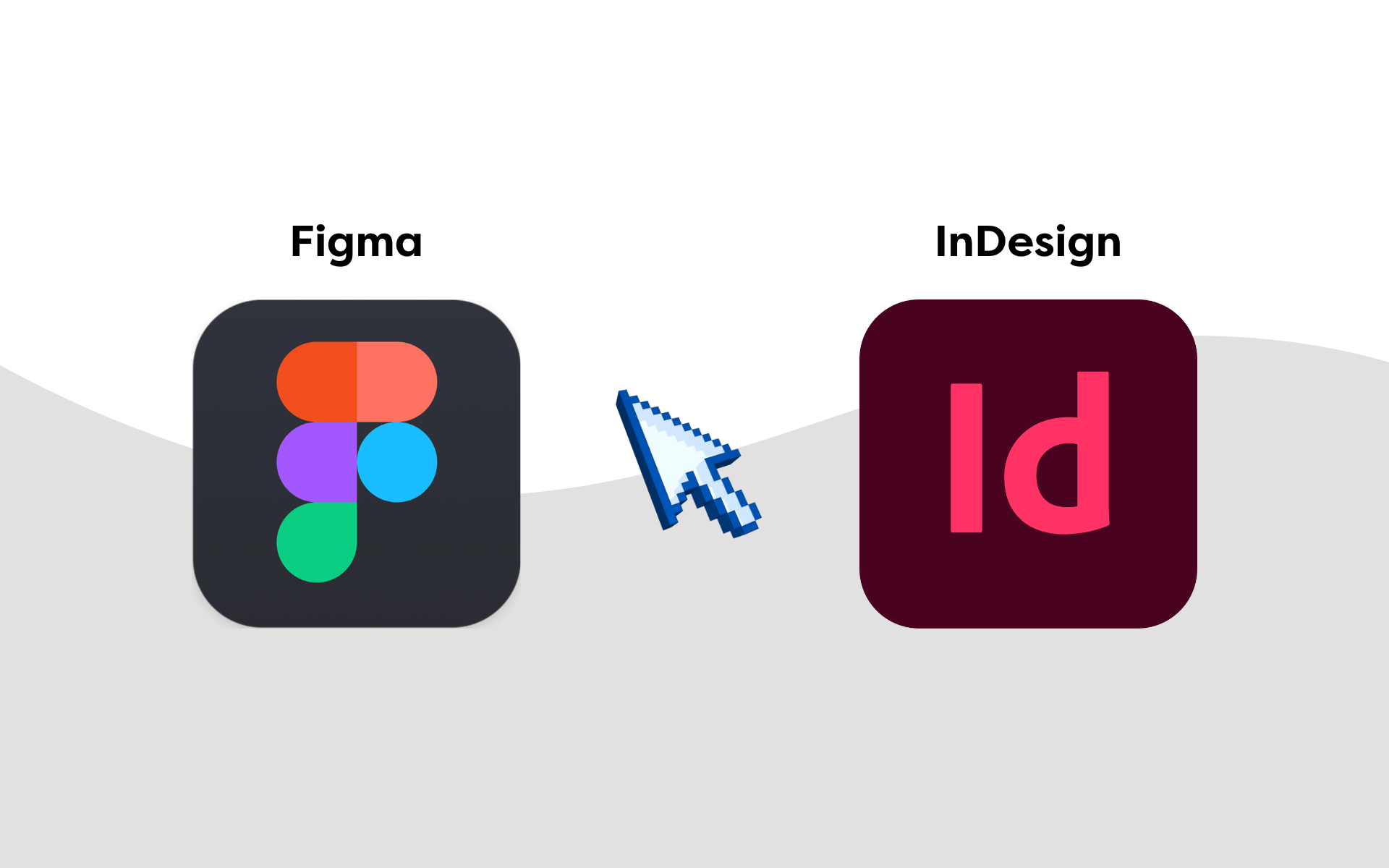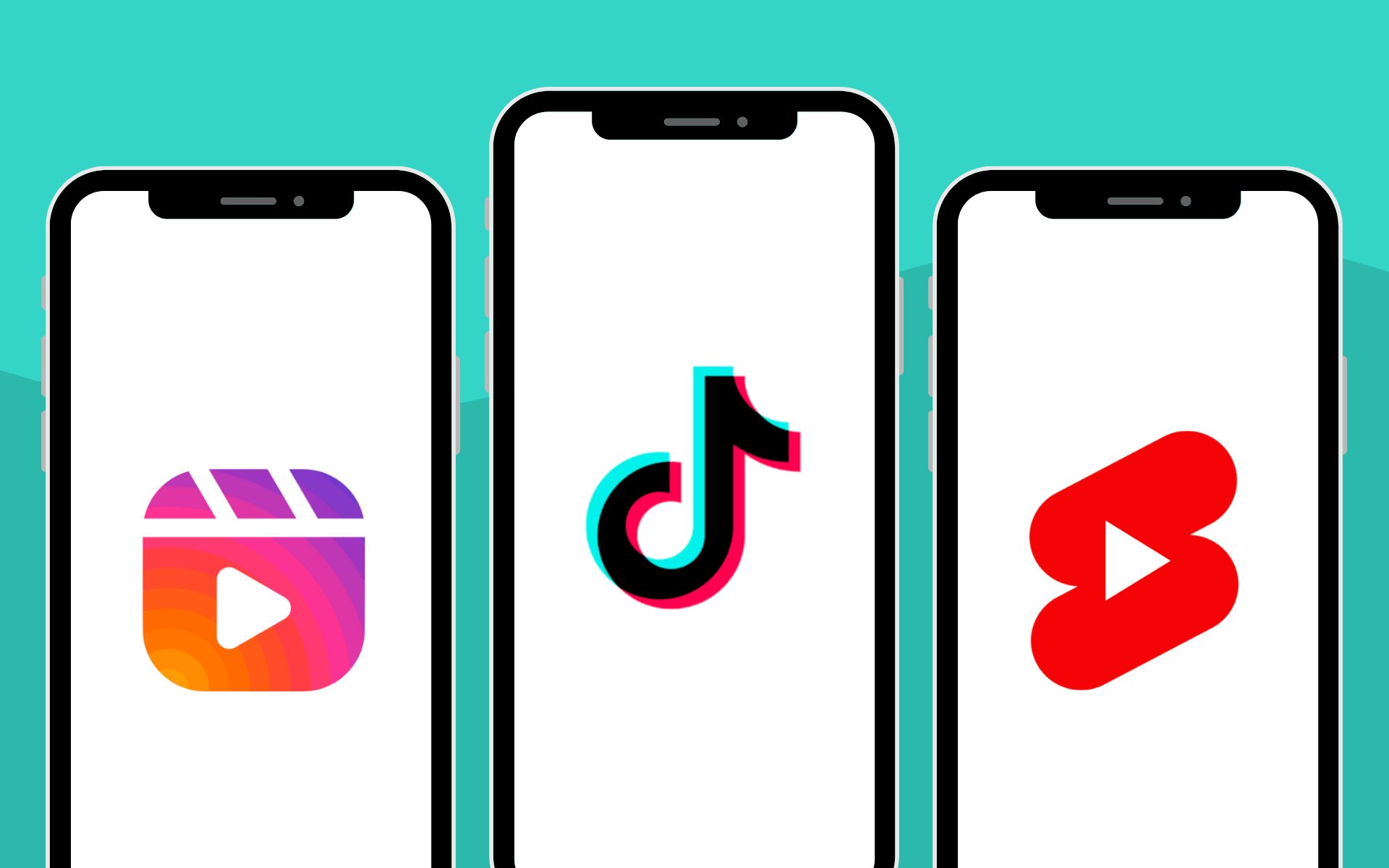ChatGPT was launched to an unsuspecting public last year, and if the foretellers are correct (and, of course, they are), large language models (LLM) like this will continue to infiltrate our daily lives at work and play. But are we ready for it?
We’re not yet at a point where we can say we’re fully utilising AI tools like these — in truth, we’re only scratching the surface. There is much more to uncover, and we’re here to help.
Before we discuss some of the ways ChatGPT can make your life easier, there is a caution that we would be remiss not to pass on. AI tools are precisely that: they’re tools. What you get out of it is determined by what you put in.
Tools like ChatGPT, Gemini, and Claude are designed to assist, not to do the work for you! And now we’ve read you your rights, let’s jump in.
Social media and content creation
The obvious place to start is with social media and content creation because this seems to be where most marketers are utilising ChatGPT.
As a writer, AI assistants like ChatGPT are invaluable in getting a second opinion or just giving me a jumping-off point when I’m stuck for ideas (we’ve all been there!).
Try these five ChatGPT prompts and never feel out of your depth again.
- Provide ten blog ideas on the subject of <X>.
- Create three call-to-actions I can use at the end of this blog <paste blog contents>
- Take this Instagram post <paste> and turn it into a Twitter post using a maximum of 250 characters.
- Write an outline for a blog on <topic/title>. The blog post should include key sections on <X> and be no longer than <X> words.
- Write a 100-word Instagram caption to go with an infographic on <subject>.
Email campaigns
ChatGPT is great at coming up with new ideas on days when you’ve all but given up waiting for inspiration to strike. But you’re missing a trick if you’re only using it to help you write blogs.
Give these AI prompts for email campaigns a whirl.
- Generate three different subject lines for an email about <subject>. The objective is to increase open rates.
- Create an email sequence for new customers who have recently purchased a <product>.
- Improve this email subject line <insert subject line> to give it more urgency.
- Write the opening paragraph introducing this month’s customer newsletter on the subject of <X>.
- What words should I avoid in my subject line to prevent my email from being marked as spam?
Web page design and copywriting
When we extend this to web page design and copywriting, ChatGPT and other similar LLMs like Gemini have many more opportunities to boost productivity. For higher-converting web pages and copy, try these five AI prompts.
- Provide ideas for A/B testing different elements, such as headlines, images, or CTAs, to find what works best.
- Write a meta-tag and meta-title for a web page on the subject of <X>.
- Write a compelling product description for [product name], highlighting its key features and benefits.
- Compare the effectiveness of these two headlines for a webpage: [headline 1] and [headline 2]. Which headline is likely to perform better and why? Improve it where you see fit.
- Come up with a strategy to gather more customer testimonials that can be used on our website. We sell <X>, and our market is <insert buyer persona>.
Video content
Video is increasingly the go-to creative for digital marketers, from showreels to webinars, how-to YouTube videos and catchy TikToks. There is seemingly no end to the number of opportunities you can tap into with video.
And where there’s a growing area of popularity, there’s also a ChatGPT prompt to help you squeeze the most out of it.
- Generate <X> ideas for YouTube videos on the subject of <X>.
- Create a script for an X-minute video on <topic>. The script should include <focus areas> and a call-to-action that drives people to <objective>.
- Write an SEO-optimised video description for a video on the subject of <X> using these keywords <list keywords>.
- Create three ideas for a TikTok campaign on <product> that uses video to encourage viewers to buy.
- Write a script for a 5-minute showreel for a <X> company that sells <product>.
Other digital marketing
Digital marketing strategy and planning aren’t exempt from the reach of ChatGPT’s influence. In fact, it can be downright helpful.
Here are just a few ways that the AI tool can help:
- What are the top trends in 2024 for <X>?
- What does our target audience consider as part of their decision-making when buying <product>?
- Highlight the FAQs that customers might ask about <X> so they can be answered on our website.
- Create a set of user personas based on the demographic data we provide.
- Generate seasonal marketing campaign ideas for <product/service>.
Top tips for getting the most out of ChatGPT
It seems all too good to be true. You give it a prompt, and ChatGPT does the hard work for you, like having a personal assistant who doesn’t take annual leave and costs you less than a pumpkin-spiced latte every week*
There’s a catch, surely?
Although ChatGPT may not be human, it still makes mistakes. For that reason, my first tip is to check everything.
Check, check, and check again
Some studies suggest that ChatGPT gets things wrong more than half the time.
It’s only as good as the information it’s trained on, so it’s crucial to fact-check everything it tells you before you use it.
Be specific and provide context
The best results come from being specific. Explain your problem in full and say what you’d like to achieve. For example:
I’m the head of content at a marketing agency in the UK, and I’d like to run a PPC campaign targeting Nottinghamshire businesses. The objective is to raise awareness of the company and increase visitors to the website. Should I use Bing or Google?’
You’re much more likely to get a considered response by providing this level of detail than if you asked the more generic question – which is better, Bing or Google?
Try variations of the same question
If ChatGPT doesn’t hit the mark the first time, try again. Sometimes, you have to tweak the input slightly to get the right output.
Keep revising your questions until the outcome is better suited to your expectations. By refining your questions and building on previous answers as part of an ongoing dialogue, you can guide the conversation to achieve more precise and useful insights.
What does the future look like for ChatGPT?
Eighty-eight per cent of marketers believe that AI tools like ChatGPT free up their time to concentrate on more important parts of their job. However, 68% believe we should avoid becoming overly reliant on it.**
ChatGPT is becoming more sophisticated, and its advancement shows no sign of slowing down. New features are being added constantly, like the change to its knowledge cutoff point.
Earlier this year (2024), OpenAI confirmed that ChatGPT now has unrestricted access to the Internet, so there is no gap in its knowledge base. Previously, it was trained up until September 2021.
Does this increased functionality mean we’ll be using it any differently? Perhaps, but for now, we’re still learning how to adapt to this new way of working and how it can help us. Training on AI has become a staple offering from marketing agencies up and down the country.
How the industry puts this new-found knowledge into practice is the subject of a future blog.
*The pro version is $20/month (last checked 30 Aug 2024).
** Statistics about AI and marketing taken from Hubspot.








